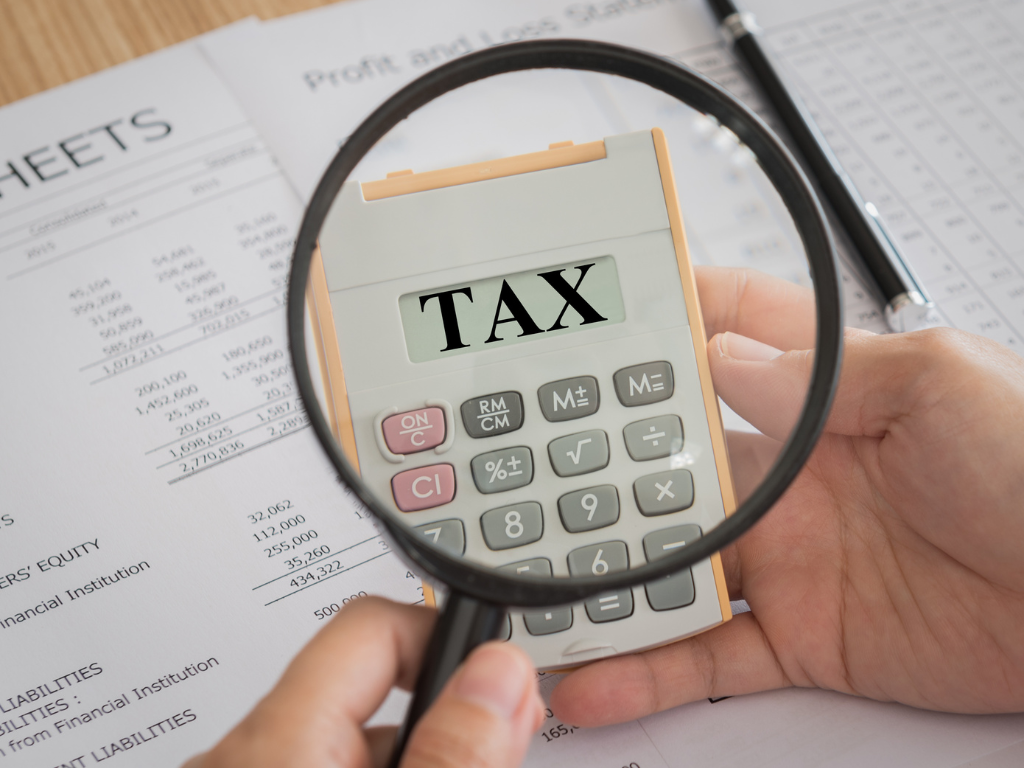
The Ultimate Guide to Preparing for Tax Season as a Property Manager
Tax season can be a stressful time for property managers, but with proper preparation and organization, it doesn’t have to be overwhelming. By following these steps, you can streamline the process, minimize errors, and ensure compliance with tax regulations. Here’s your ultimate guide to getting ready for tax season.
Start by gathering all necessary financial documents, including rent payment records, expense receipts, maintenance and repair costs, utility bills, property taxes paid, and mortgage interest statements (Form 1098, if applicable). Maintaining accurate and detailed records throughout the year will make this step much easier.
As a property manager, you may be eligible for various tax deductions. Common deductions include depreciation, which allows you to claim the wear and tear on your rental properties, and repairs and maintenance costs for fixing damages or routine upkeep. You can also deduct operating expenses such as advertising, property management software, and office supplies. Travel expenses like mileage or travel costs incurred for property visits and professional fees for accountants, attorneys, or consultants are also deductible. Familiarizing yourself with these deductions can help you maximize your tax savings.
If you manage multiple properties or have other personal finances intertwined with business operations, it is essential to separate them. Use dedicated bank accounts and credit cards for property-related expenses. This practice simplifies bookkeeping and ensures clear documentation for tax purposes.
Property management software can be a valuable tool to help you track income, expenses, and tenant payments in real time. Many platforms generate financial reports and summaries tailored for tax preparation, saving you time and reducing errors.
Stay updated on any changes to tax laws that may impact property managers. For example, new deductions, credits, or filing requirements can affect your tax strategy. Consulting a tax professional can help you navigate these updates effectively.
If you’re managing multiple properties or dealing with complex tax situations, hiring a certified public accountant (CPA) or tax advisor can be invaluable. They can identify additional deductions, ensure compliance with tax regulations, and help you plan for the upcoming tax year.
If you’ve paid contractors, vendors, or freelancers $600 or more in a year, you’re required to issue them a Form 1099-NEC. Ensure these are filed and sent to the recipients by the IRS deadline, usually January 31.
To protect yourself in case of an audit, keep detailed documentation of all income and expenses. Store receipts and invoices for at least seven years and maintain digital backups of important records.
If your rental income is substantial, you may need to pay estimated taxes quarterly. Review your earnings and consult with a tax advisor to determine if this applies to you and avoid penalties.
Once tax season is over, evaluate your processes and identify areas for improvement. Implement systems to track expenses more efficiently, automate rent collection, and stay ahead of tax deadlines.
Preparing for tax season as a property manager requires organization, attention to detail, and an understanding of tax regulations. By following this guide, you can reduce stress, ensure compliance, and even uncover opportunities for tax savings. Remember, the better your preparation, the smoother tax season will be. Start early, stay organized, and don’t hesitate to seek professional help if needed.








